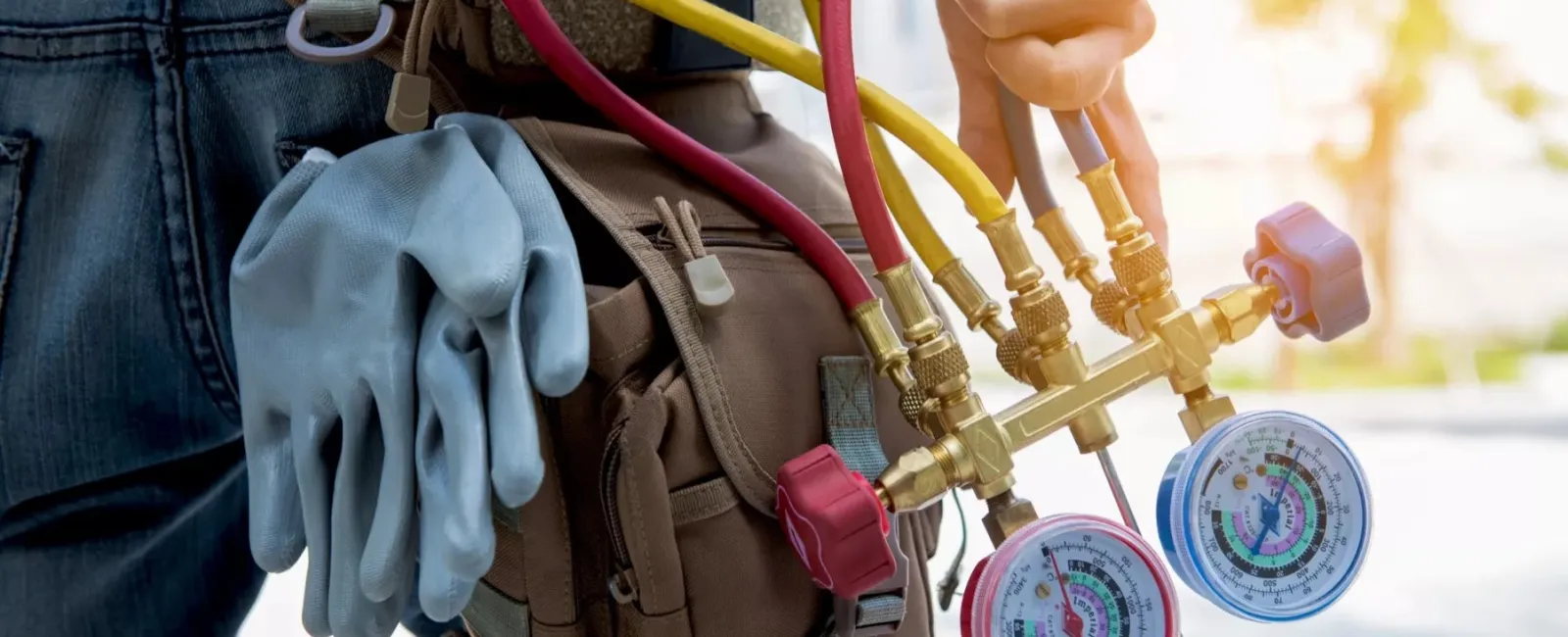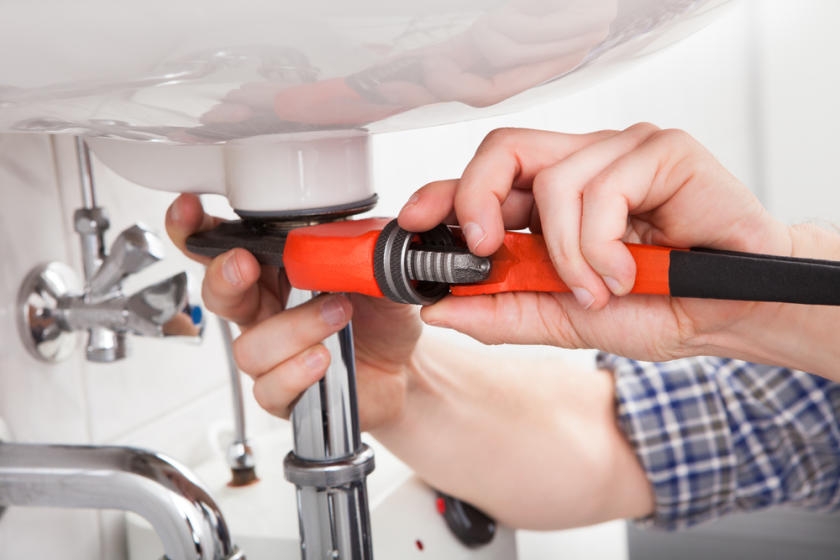Temporary Tips for Critical Situations: Steps to Follow Until Help Arrives
Temporary Tips for Critical Situations: Steps to Follow Until Help Arrives
Blog Article
We have noticed this great article about Expert Tips for Emergency Plumbing Repairs listed below on the web and felt it made sense to talk about it with you on this page.

Pipes emergency situations can strike any time, creating anxiety and prospective damage to your home. Whether it's a burst pipe, a clogged up drainpipe, or a dripping faucet, knowing how to handle the circumstance till a specialist plumbing technician shows up can save you from further complications. This write-up gives necessary emergency pipes suggestions to help you alleviate damage and reclaim control throughout a plumbing crisis.
Switch off the Water System
The initial step in any pipes emergency is to shut off the water. For local issues, such as a dripping faucet or toilet, switch off the valve near the fixture. In the case of a significant leakage or ruptured pipe, locate your home's primary water shut-off shutoff and turn it off right away. Knowing the area of these valves ahead of time can save valuable time during an emergency.
Address Small Leakages with Momentary Repairs
Small leaks can quickly become substantial problems if left untreated. Use these momentary solutions till expert aid shows up:
While these repairs aren't irreversible, they can aid minimize water loss and damages.
Unclog Drains Pipes Safely
A clogged drainpipe can be an irritating and untidy concern. Right here's exactly how to tackle it:
If these methods don't function, prevent utilizing excessive pressure, as it may worsen the clog.
Handle Overflowing Toilets
An overflowing commode can trigger immediate disorder. Right here's what you should do:
Shut down Your Hot Water Heater
In specific emergency situations, such as a burst pipeline, it's a good idea to shut down your water heater. This protects against overheating or damages to the unit when water stops moving. Shut off the power supply to the hot water heater (electric or gas) and allow it cool to prevent possible risks.
Momentarily Stop a Ruptured Pipe
A ruptured pipe can cause substantial water damages in mins. To mitigate the issue:
Call an expert plumbing technician promptly to resolve the trouble completely.
Take Care Of Frozen Pipes Meticulously
In colder climates, frozen pipes are a common emergency. If you believe an icy pipeline:
Prevent Further Damages
Taking fast activity to lessen damages can save you time and money in the long run. Here's how:
. Have an Emergency Situation Plumbing Kit
Prepare a standard pipes emergency kit to take care of small problems properly. Your package ought to consist of:
Having these devices handy can make a considerable distinction in your capability to take care of emergencies.
Know When to Call a Professional.
While quick fixes can aid briefly, certain pipes problems require prompt professional focus. Call a plumbing technician if:.
Quickly contacting an expert ensures the problem is dealt with properly and prevents additional complications.
Conclusion.
Pipes emergencies can be overwhelming, yet with the best expertise and tools, you can take care of the situation successfully until assistance gets here. By shutting off the water, addressing small leakages, and using short-term solutions, you can reduce damages and keep your home safe. Keep in mind, these ideas are short-lived services; constantly consult a certified plumbing professional to deal with the source of the trouble. Preparation and quick reasoning are your ideal allies in any plumbing emergency situation.
Expert Tips for Emergency Plumbing Repairs
Plumbing emergencies can be incredibly stressful and inconvenient. Whether it’s a burst pipe, a clogged drain, or a leaky faucet, these common plumbing emergencies need immediate attention to prevent further damage to your home. But before you panic, it’s important to understand the basics of plumbing repairs and the steps you can take to address these emergencies. In this article, we will share some expert tips to help you navigate through these situations and minimize potential water damage.
Identifying Common Plumbing Emergencies
Leaky pipes and faucets Clogged drains and toilets Burst pipes Low water pressure Water heater problems Essential Tools for Plumbing Repairs
Plunger: Useful for unclogging toilets and drains Adjustable wrench: Needed for tightening or loosening nuts and bolts Pipe wrench: Ideal for gripping and turning pipes Tape measure: Necessary for accurate pipe measurements Plumber’s tape: Helps create watertight seals Understanding Emergency Plumbing Services
Emergency plumbing services are designed to provide immediate assistance for unexpected plumbing issues that can cause significant damage to your home, business, or health. These services are typically available 24/7 and are staffed by experienced plumbers who can quickly diagnose and repair a wide range of plumbing problems.
When a plumbing emergency strikes, time is of the essence. Whether it’s a burst pipe flooding your basement or a gas leak posing a serious risk, emergency plumbing services ensure that help is just a phone call away. These professionals are equipped with the tools and expertise to handle any situation, minimizing damage and restoring your plumbing system to proper working order.
What Constitutes a Plumbing Emergency?
Burst pipes or water supply lines: These can cause extensive water damage and need immediate repair to prevent flooding. Gas leaks or suspected gas leaks: Gas leaks are extremely dangerous and require prompt attention to avoid potential explosions or health hazards. Sewer backups or overflows: These can lead to unsanitary conditions and significant property damage. Clogged drains or toilets causing water to overflow: Overflowing water can damage floors, walls, and other structures. Leaks or water damage causing structural damage: Persistent leaks can weaken the structural integrity of your home or business. No hot water or heating: A lack of hot water can be more than an inconvenience, especially in colder months. Common Causes of Plumbing Emergencies
Aging or corroded pipes: Over time, pipes can deteriorate, leading to leaks or bursts. Improperly installed or maintained plumbing fixtures: Faulty installations or lack of maintenance can result in unexpected failures. Tree roots or other debris infiltrating your sewer line: Roots can grow into pipes, causing blockages and backups. Frozen pipes or water supply lines: In colder climates, pipes can freeze and burst, leading to significant water damage. High water pressure or sudden changes in water pressure: Excessive pressure can strain pipes and fixtures, causing them to fail. Natural disasters such as floods or earthquakes: These events can disrupt your plumbing system and cause severe damage. Steps to Minimize Water Damage
Locate the water shut-off valve: Knowing where the valve is can help you quickly cut off the water supply to the affected area. Turn off the water heater: If there’s a risk of water coming into contact with the heating element, make sure to turn off the water heater to avoid potential accidents. Open faucets and drain pipes: By opening faucets and drain pipes, you can relieve pressure and empty any standing water. Collect and contain water: Use towels, buckets, or bins to collect water and prevent it from spreading to other areas of your home. https://leecountyplumbingandwellservice.com/expert-tips-for-emergency-plumbing-repairs/

Do you like more info about What to Do During a Plumbing Emergency? Post feedback below. We'd be pleased to hear your insights about this entry. We hope that you visit us again before long. Enjoyed reading our piece of writing? Please quickly share it. Let others find it. Thanks so much for going through it.
Call Today Report this page